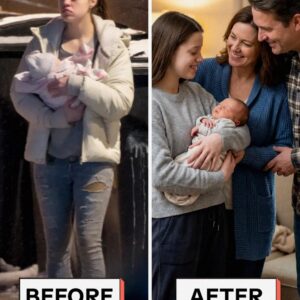Julia had always followed her husband’s ex-wife’s strict rules about keeping the kids completely dairy-free, even though preparing separate meals every day left her exhausted. One afternoon, she accidentally served them a cake that contained milk and panicked, expecting an allergic reaction. But to her shock, nothing happened — no stomach aches, no cramps, no discomfort at all.
That moment made her suspicious. If the kids were truly lactose intolerant, how could they eat dairy with no symptoms? Over time, she quietly tested small amounts of dairy in their meals, and still, the children remained perfectly fine. It became clear to her that something about their supposed “condition” wasn’t adding up.
Eventually, the truth came out: the kids weren’t lactose intolerant at all. Their mother had exaggerated — or possibly fabricated — the condition to maintain control and make Julia feel incompetent. When she found out the children had been eating dairy without issues, she became furious, not because of their health, but because she’d lost her leverage.
Now Julia must navigate a tense co-parenting situation built on mistrust and manipulation. She hopes to set clear boundaries, involve her husband in every decision, and rely on medical professionals for real answers going forward — so the children’s well-being, not someone’s control, becomes the priority.





